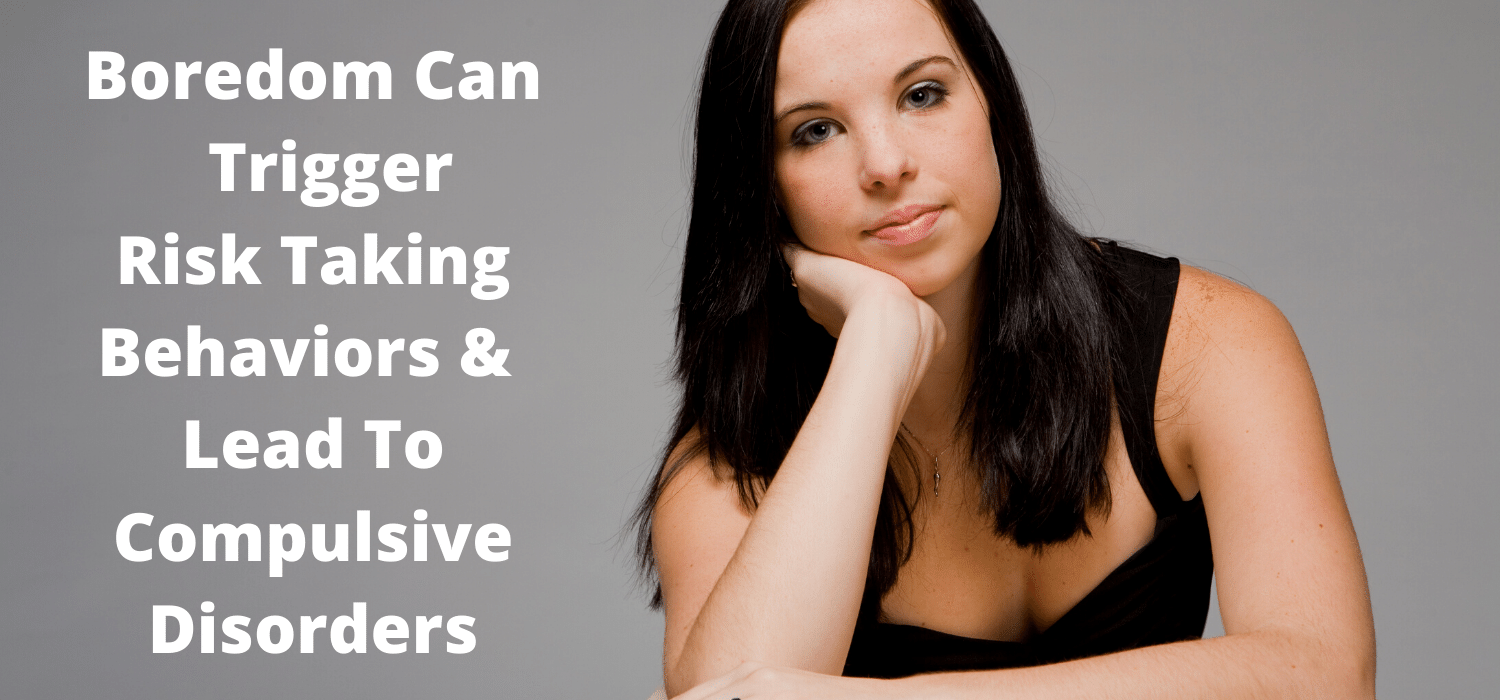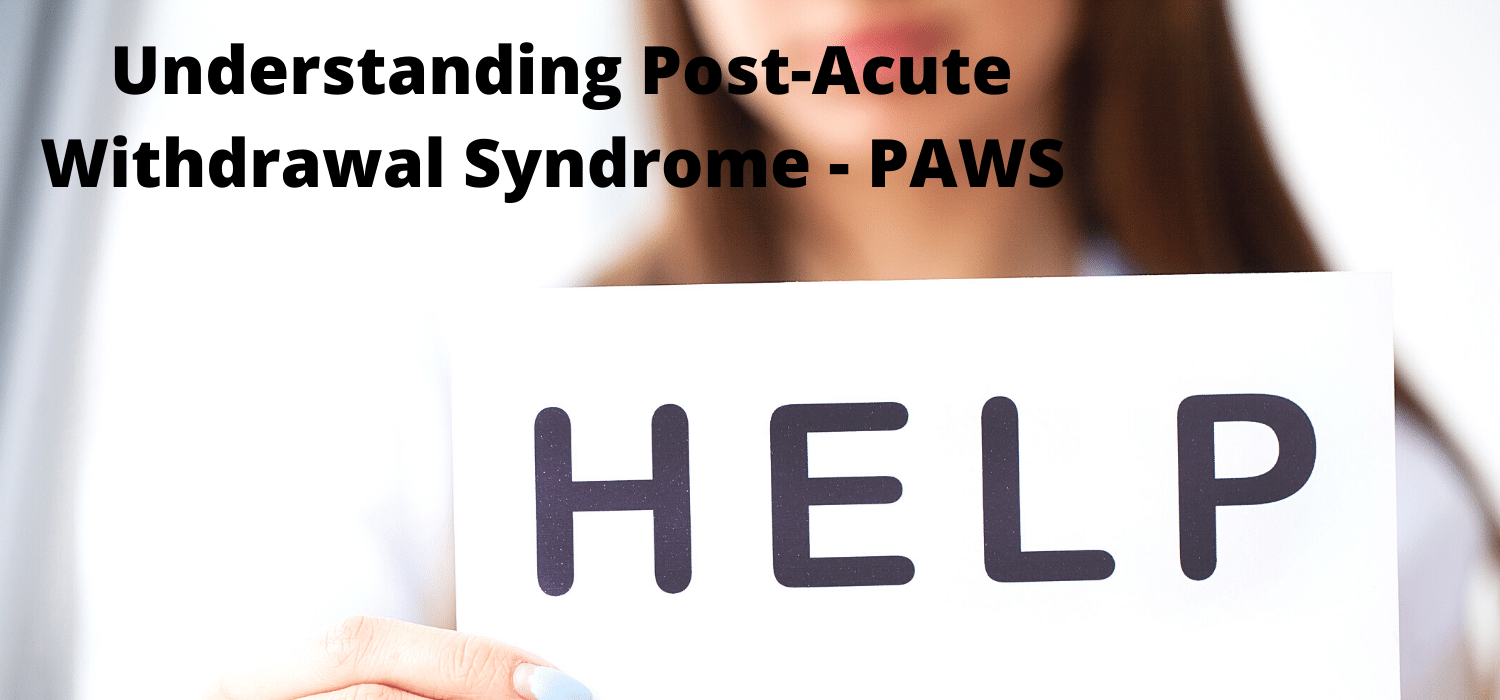5 Things You Should Know About Compulsive Disorders And COVID-19

Compulsive disorders involve uncontrollable behaviors that lead to habitual habits for teens and young adults. There are many compulsive disorders parents need to be aware of more than ever during COVID-19 restrictions. It’s important to both recognize and help your loved ones should they be experiencing uncontrollable self destructive behavior. If they are in recovery for compulsive behaviors you will want to help them to prevent relapses.
Boredom Plays A Big Part In Risk Taking And Can Lead To Compulsive Behaviors
Young adults have a much lower threshold for boredom than an adult does. Their brain is constantly seeking stimulation and they are naturally more predisposed to risk taking behaviors and impulsivity than an adult. Since we are cooped up inside together for longer periods of time, young people might experiment with self destructive activities to make an otherwise mundane day a little more stimulating. Consequently these activities lead to compulsive behaviors they can’t seem to quit. Surprisingly they find themselves in a habitual loop they can’t seem to get out of.
Encourage and Engage Your Teen
Most importantly, you’ll want to encourage them to get out of their room and engage with the family or go outside for an hour or so each day. They may drag their feet and complain that they don’t “feel like it” and they “don’t want to,” but stay firm in your request. Moreover insist that they come out of their room and leave the phone behind for an hour or two a day. They don’t have to be happy about it, they just need to do it.
Furthermore you need to also engage with them. So go outdoors for an hour with them. Take a walk around the neighborhood or visit a park together. Above all ask them what they want to do and enthusiastically participate in their interests. Perhaps it’s preparing a healthy meal together or making a TikTok video.

Cravings Are Real With Compulsive Disorders
Likewise your son or daughter may be experience a huge change in their daily routine of school, work , social or sports gatherings. They may have lost access to friends that also encouraged and participated in the same risk taking behaviors as your child. With these types of sudden changes in their living routine, more intense cravings are likely to occur.
Common Signs of Compulsive Behaviors in Teens & Young Adults
When someone experiences uncontrollable urges they can seem preoccupied, irritable, short tempered, moody or lethargic. And it’s possible they will engage in “shady” behavior trying to seek something to relieve them of their habitual cravings. They may stress eat and consume more sugar than usual, as sugar releases dopamine which gives them a feel-good feeling.
How To Relieve Compulsive Behaviors
If someone is trying to change their risky behavior and curb self destructive habits, exercise, even just a brisk walk helps stimulate dopamine production. Watching something funny and laughing also helps stimulate dopamine production this can help them better deal with habitual thoughts and cravings.
Keep Your Teen Occupied
Most important to note is that cravings typically last about 10-20 minutes then subside. If a young person can occupy themselves for that duration of time until the craving passes then they can lower their chance of a relapse. Cravings can and will happen throughout the day especially early in their recovery. So if they need to drop what they are doing to occupy themselves in a productive way, please support them.
The one thing young people want their loved ones to know is that when they tell you they are experiencing a compulsion, this does not mean you should panic. When they acknowledge these thoughts and feeling, it’s a good thing. They’re aware that it’s happening and telling you informs their support system. Ask your child how you can support them. If it’s simply lending an ear and letting them take care of themselves, then that is all that is needed.
Remove Temptations
During restricted living requirements due to COVID-19 state regulations your child may have lost access to outside friends that influence them to engage in risk taking activities. In this case, they may turn to things inside the home that allow them to continue in their habitual behavior. Remove whatever temptations you can from the home environment. Be it food, digital games, devices, the internet etc., it’s truly best to remove them from sight.
Prevent Compulsive Disorders By Reducing Access
If you have a young person in the house that you suspect might be dealing with an uncontrollable compulsive disorder. Put away anything that may tempt them to prevent them from indulging in self destructive habits. Have a conversation with them about what is triggering their compulsions. If you are struggling to get through to them, give us a call to have a conversation about the problems they are experiencing.
Look Out for Signs of PAWS
If your young person has recently stopped a habitual behavior they will experience Post-Acute Withdrawal Syndrome or PAWS. PAWS is the second stage of a withdraw process sometimes following weeks or even months after a chronic compulsive behavior has stopped. This is the brain’s way of attempting to straighten itself out and return to normal functioning.
Symptoms of PAWS include:
- Sleep disturbances (hypersomnia or insomnia, appetite disturbances
- Mood swings
- Irritability
- Anhedonia (lack of pleasure in things that used to bring enjoyment)
- Depression
- Anxiety
- Cravings
- Sensitivity to stress
- Lack of focus or initiative
- Trouble remembering things
Don’t Jump To Conclusions When Your Loved One Is Recovering From A Compulsive Disorder
Unfortunately, a lot of these symptoms also look like regular teenage behavior at times. Be careful not to jump to conclusions. We always encourage parents to be sure and take their child the family doctor for a checkup during this time of change.
There are a lot of emotions flying around right now as so many people are experiencing uncertainty, stress, anxiety, depression, boredom, and disrupted schedules. Adolescents are predisposed to feeling their emotions intensely. So we caution parents and guardians about labeling their young person’s moods and activities as habitual unless you have reasonable evidence that points you in that direction.
Your teen has had their entire life turned upside down and now has no solid routine to fall back on. Teens with compulsive disorder issues may have more trouble than others with this. However, behaviors such as sleeping more than usual, or struggling to sleep, eating more than usual, or having appetite disruptions are normal reactions to this change in lifestyle. We are all coping with waves of emotions at different times as best we can. These behaviors alone do not point directly to your teen currently having a severe uncontrollable compulsive disorder.
You’re Not Alone in the Battle Against Compulsive Disorders
If you think your young person might be experiencing PAWS, uncontrollable cravings or medical symptoms, please contact Malaty Therapy for a 20-minute phone consultation at 713-628-3966.
If you need more resources check out The Council on Recovery who can put you in contact with appropriate resources for you and your young person.
Blog Written By: Allie Haydon, LMFT, LPC, LCDC



